
Exciting new series on “Voice, Body and Movement for Lawyers – How to connect with the jury and find Justice Through Dramatic Technique!”
Click here to find out more
The National Labor Relations Act (NLRA) provides rights and protections to almost all of the private sector workforce, whether the employer has a union or not. Although the primary substance of the law has not changed since the 1950s, the interpretation of the law is constantly evolving. Understanding the foundations of the NLRA, the basics of the Act, how the National Labor Relation Board functions, and how unfair labor practice charges and union organizing petitions are processed is essential. Because this is not a static area of the law, being aware of the recent changes is critical. Among other things, the NLRA has significant impacts noncompete agreements, settlement and severance agreements, and handbook policies. The process by which unions are certified is also in flux. Individuals who practice in the area of employment law should be aware of NLRA’s broad reaching scope. This session will provide those fundamentals.
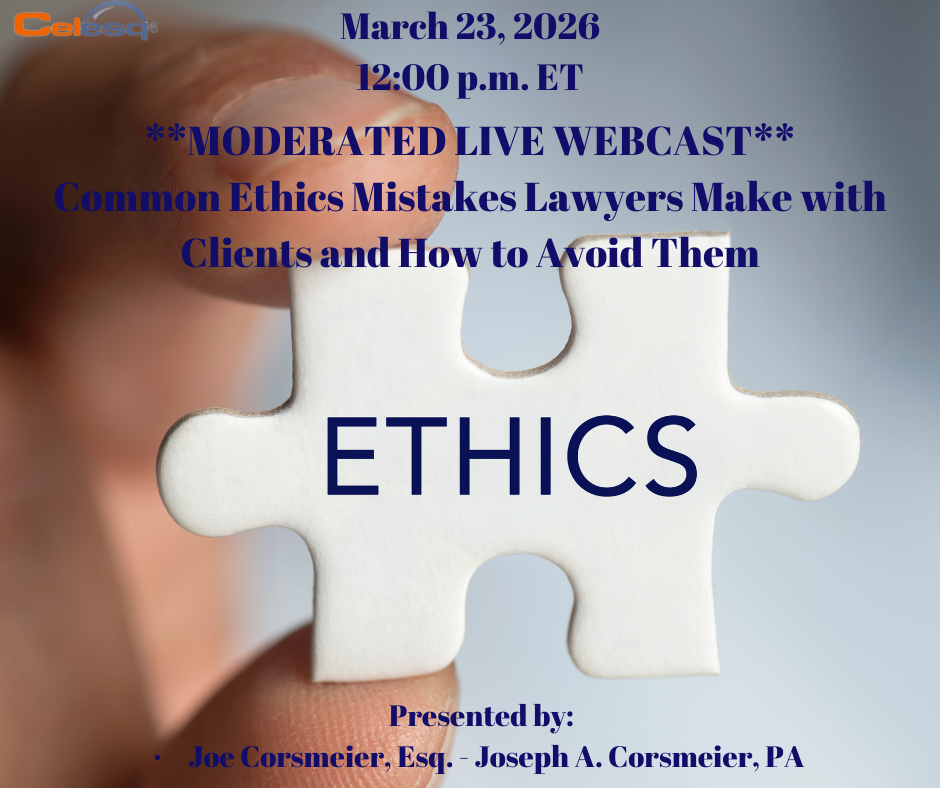
Many lawyers may not fully understand the Bar rules and ethical considerations regarding client repr...
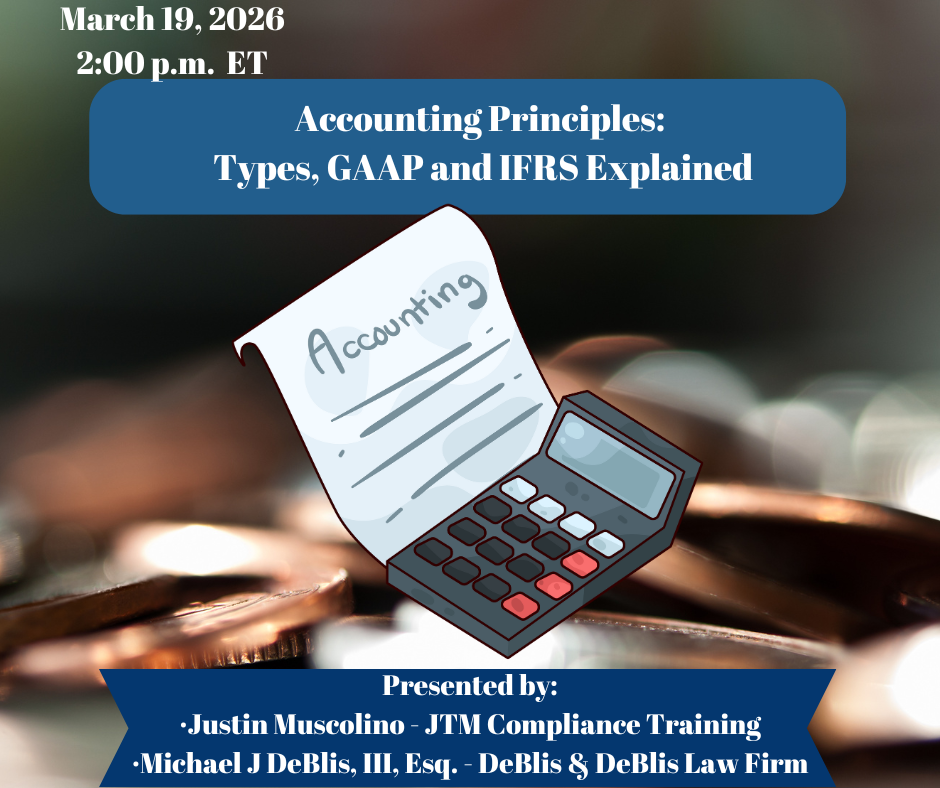
Attorneys will receive a comparative analysis of GAAP and IFRS with emphasis on cross-border legal c...
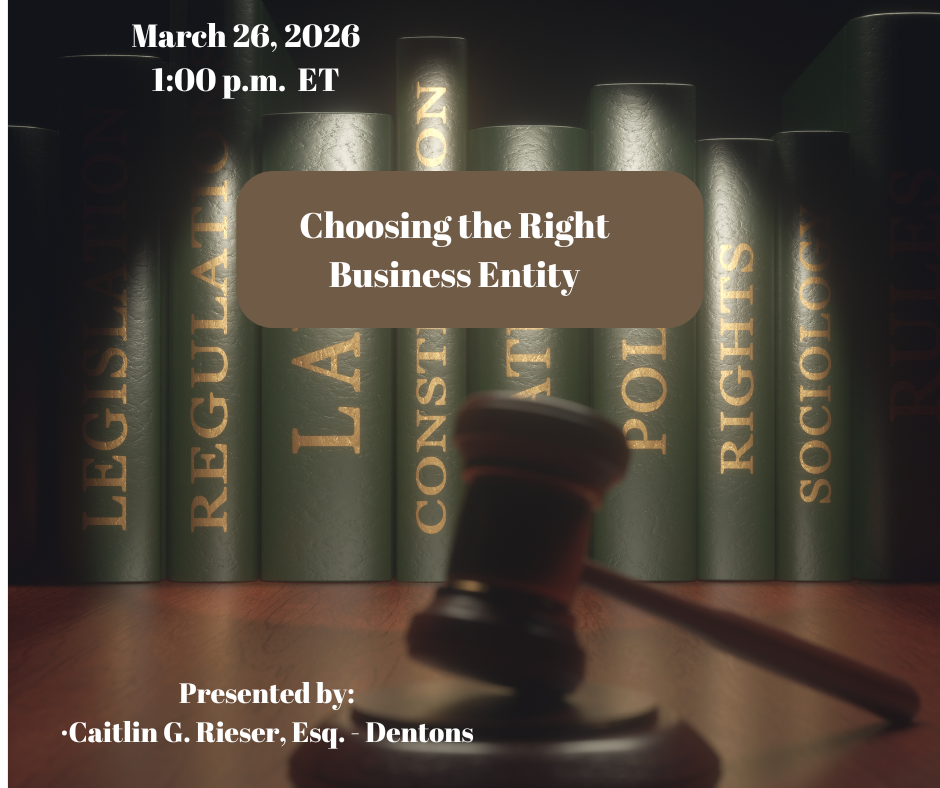
In “Choosing the Right Business Entity,” I will walk through the issues that matter most...
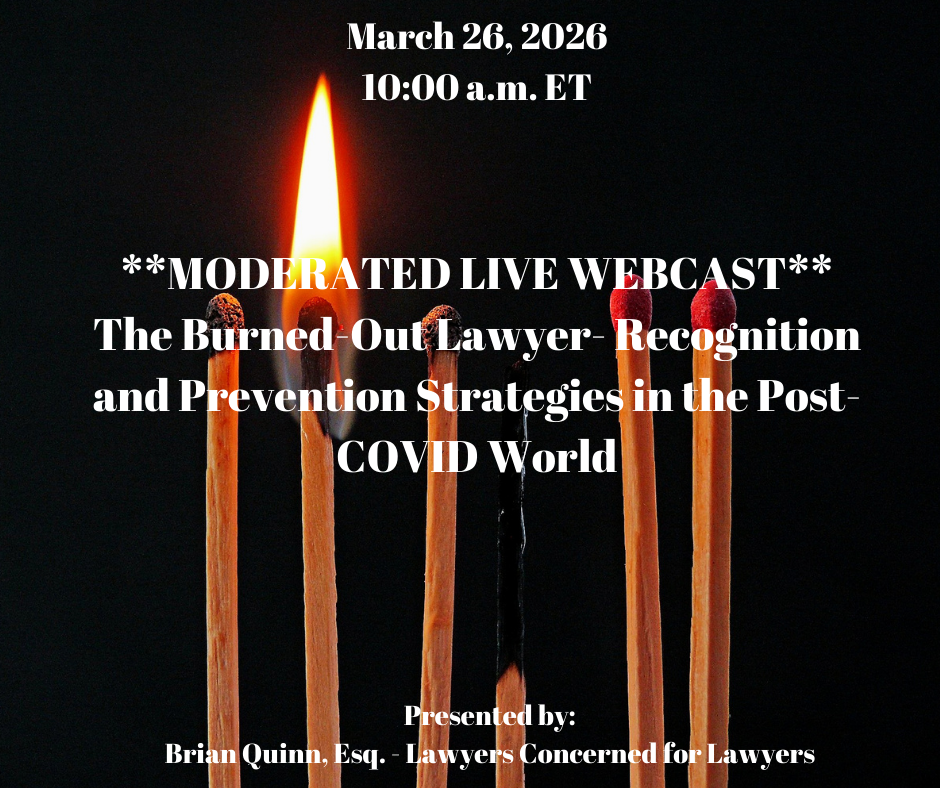
If there is one word we heard during our journey through the pandemic and continue to hear more than...
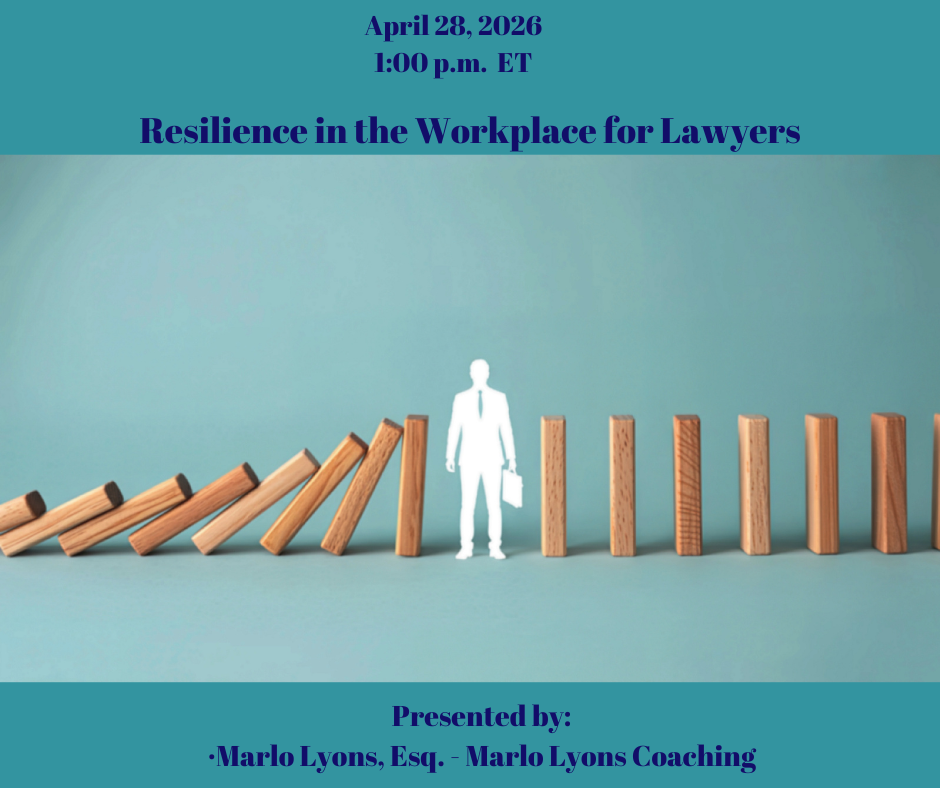
Resilience in the Workplace, delves into the critical importance of resilience in navigating the cha...
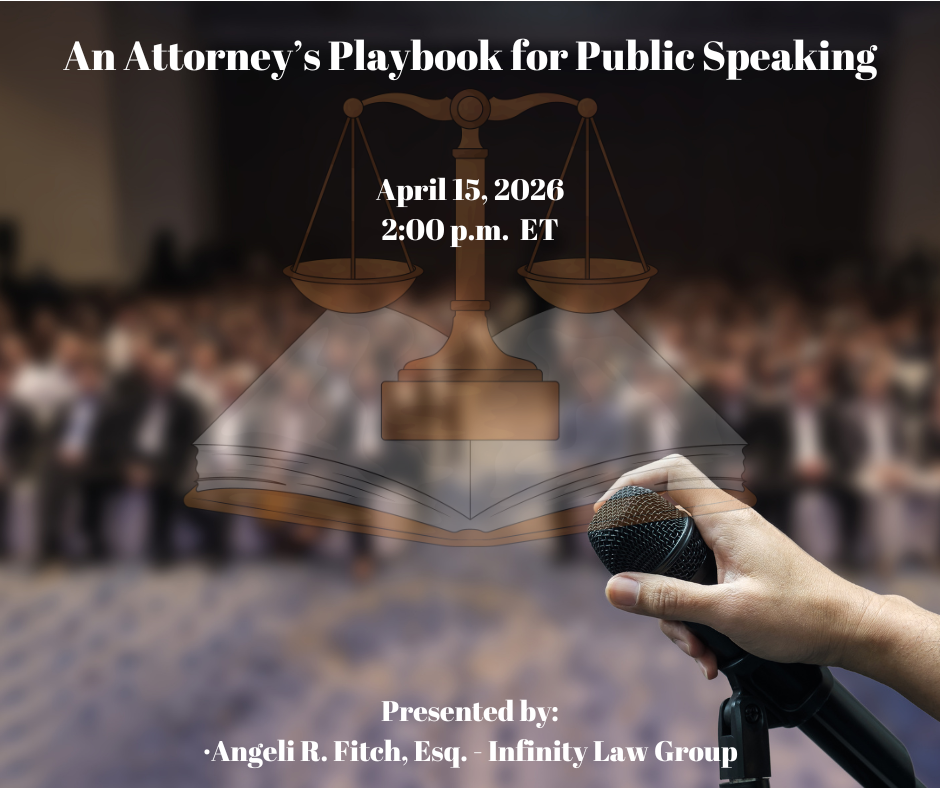
Attorneys are judged every time they speak—in client meetings, depositions, hearings, negotiat...
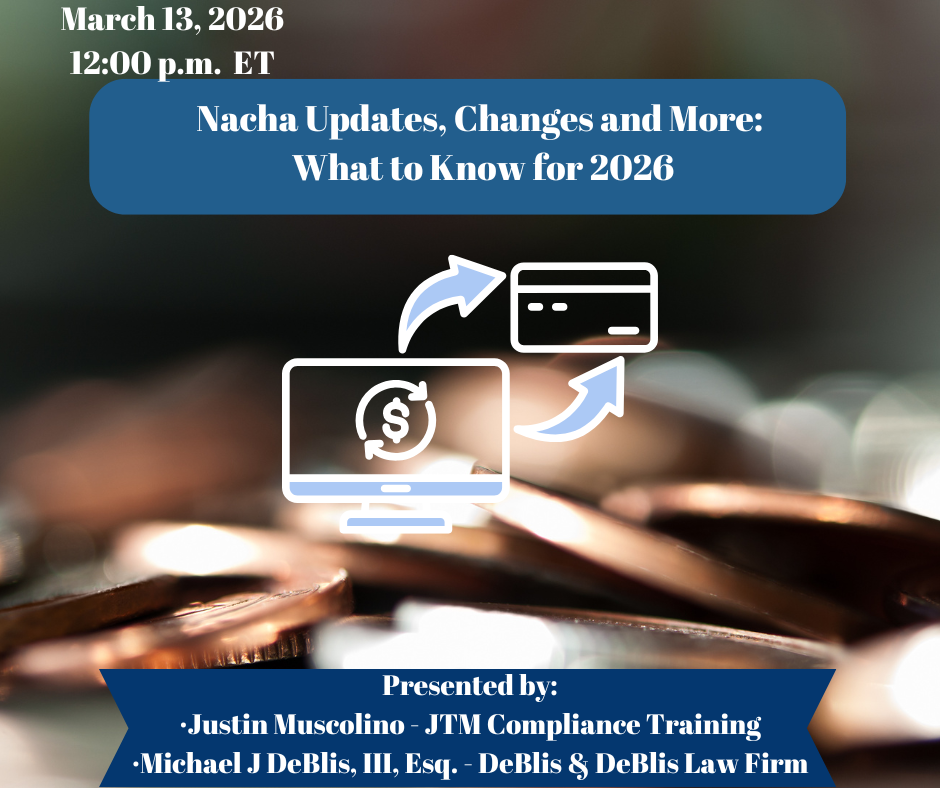
This attorney-focused program reviews upcoming Nacha rule changes for 2026 with emphasis on legal ob...

Boundaries and Burnout: The Hidden Crisis in Law is a 60-minute California MCLE Competence Credit pr...
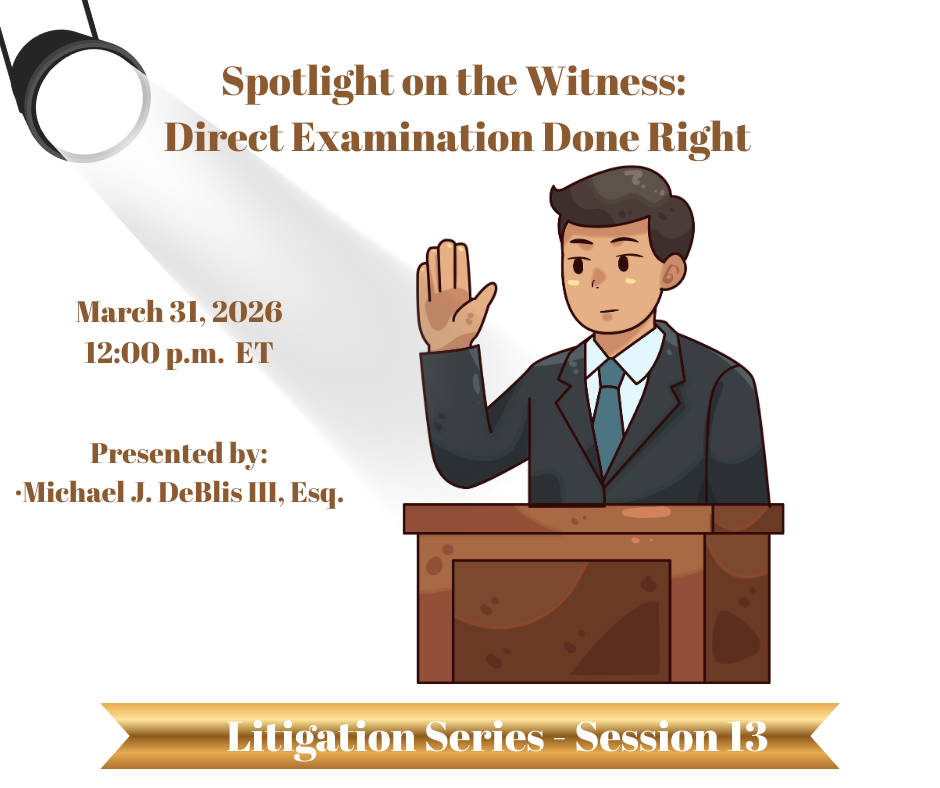
The direct examination presentation outlines how attorneys can elicit truthful, credible testimony w...

Successful personal injury defense practice requires far more than strong legal arguments—it d...